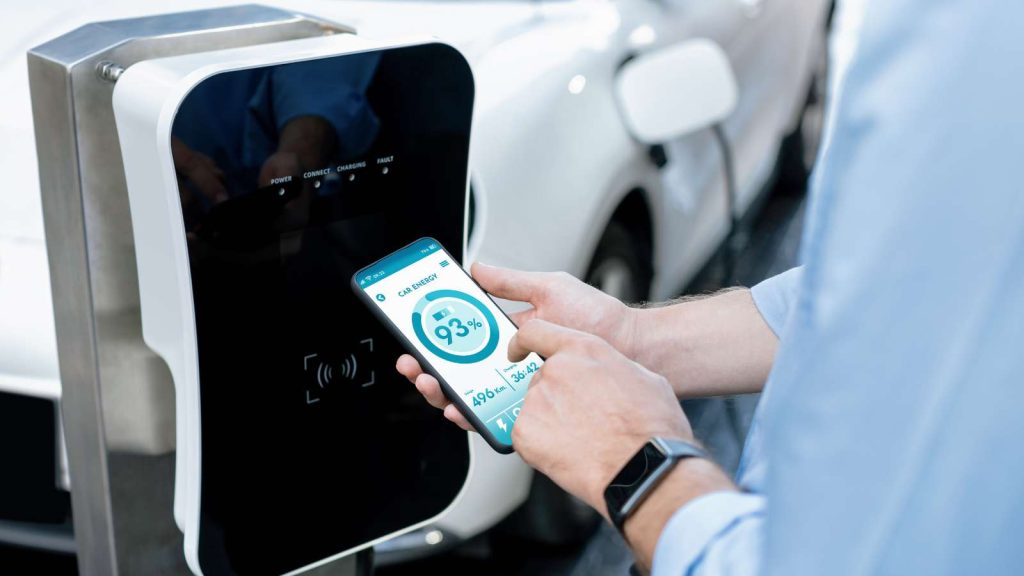Recent reports Coupled with insights from McKinsey’s analysis of mobility trends indicate that nearly a third of electric vehicle (EV) owners are contemplating a return to internal combustion engine (ICE) vehicles. This trend raises questions about the current state of EV about the current satisfaction levels among EV users and the challenges they face, such as limited range, insufficient charging infrastructure, and overall convenience.
We specialise in pre purchase inspection car services. Our thorough inspections help identify potential issues, ensuring you make an informed decision whether you’re transitioning from an EV or purchasing a used electric car, helping you avoid costly mistakes and ensuring your next vehicle truly meets your needs.
Read also: What to know before buying used electric car
Understanding Mobility Trends
The McKinsey report highlights key trends reshaping the automotive industry, including the rapid growth of electric vehicles, advancements in autonomous driving, and the need for improved infrastructure. Despite these developments, these trends show that while there is a push towards electric mobility, practical issues are causing some owners to revert to petrol cars.
Report Summary
Global EV Sales: Sales of EVs doubled in 2021, reaching 6.6 million units.
Infrastructure Growth: Despite the sales increase, charging infrastructure expansion is not keeping pace, causing significant inconvenience for EV owners.
Consumer Priorities: While sustainability is important, the top consumer concerns remain reliability and convenience, which petrol vehicles currently provide more effectively.
Electric vehicles promise eco-friendly driving, but they come with their own set of challenges. Many EV owners cite issues like limited driving range and insufficient charging infrastructure.
The novelty of owning an EV wears off when faced with these practical inconveniences. According to the Carsales report, these factors are significant enough for 30% of EV owners to consider switching back to petrol cars.
Comparing EVs and Petrol Cars
Electric vehicles (EVs) offer instant torque and smooth acceleration but often suffer from limited range and long charging times. In contrast, petrol cars provide longer range and faster refueling, making them more convenient for long-distance travel.
Additionally, EVs produce zero tailpipe emissions, contributing to lower pollution levels and a reduced carbon footprint. On the other hand, petrol cars emit CO2 and other pollutants, impacting air quality and contributing to climate change.
Read also: Important Elements To Inspect In A Used Hybrid Car In Australia

Maintenance and Running Costs
EVs generally have lower maintenance costs due to fewer moving parts and less frequent servicing needs. Petrol cars require regular oil changes, engine maintenance, and have higher running costs due to fuel prices.
Real world experience has shown that due to the substantial weight increase of EV’s, plus their torque advantages, tyre wear is significantly increased and may lead to tyre life being reduced to anything from 10,000km to 20,000km, versus an equivalent combustion vehicle 40,000km-50,000km.
In this you must also factor in, depreciation and due to the rapid growth of advance and technological innovation in EV’s, older vehicles quickly become out of date with a subsequent larger ‘hit’ to their value.
Insurance costs
Based on overseas reports and gradually becoming apparent in Australia, insurance premiums are soaring to many times that of combustion vehicles, often borne from the fact that sometimes damage perceived as minor, is treated as a serious or write-off situation by insurers, as they do not want to be liable for the repair of an EV that may have suffered as yet undetermined battery pack damage which can amount to 50-75% of the value of the vehicle.
Even if not written-off, the shortage of skilled and certified repairers is leading to repair cost increases and delayed repair times, thus leading to insurers to simply write-off vehicles.
Vehicle repair centres now also need to factor in safe storage and increase the physical distance/space between stored vehicles awaiting repair, due to the ‘thermal runaway’ fire risk potentially spreading to other cars or buildings, which is much more likely on damaged vehicles.
Infrastructure and Convenience
Charging infrastructure for EVs is still developing, leading to concerns about availability and charging times. In some locations, especially during peak/holiday times, waiting times of several hours can apply before a working/functional charger is available.
Additionally, EV’s are great for people with their own charging setups at home, preferably those with solar electricity and storage batteries. It gets more difficult for apartment dwellers or buildings with Body Corporate organizations, where no, or limited charging facility access is available.
Petrol cars benefit from an extensive network of refuelling stations, offering convenience and reliability. Even on long trips, additional fuel containers may be taken to extend your travel range between fuel stations.
Conclusion
According to McKinsey’s mobility trends, The shift of EV owners back to petrol cars highlights ongoing challenges in the electric vehicle market. the adoption of EVs is growing, driven by sustainability goals and advancements in technology. However, the current infrastructure and consumer concerns about range and convenience lead many to consider returning to petrol cars.
Are you considering switching from an EV to a petrol car or purchasing a used electric car? Switching from an EV to a petrol car involves various considerations. Combining insights from with a professional mechanic can help you make an informed choice.
German Precision’s pre-purchase inspections in melbourne provide detailed reports on a vehicle’s condition, making sure you understand exactly what you’re buying. This is particularly crucial when shifting from an EV, where specific issues might not be immediately apparent. Using expert inspections, you can confidently choose a vehicle that aligns with your requirements and avoid lemons.

